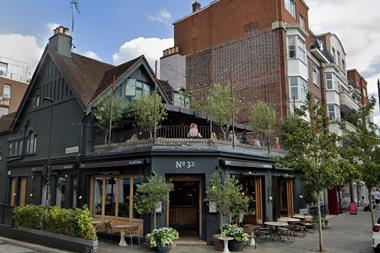In a decision worth billions of pounds to the property industry, landlords today won their High Court case against electrical retailer PowerHouse
After a two-day hearing in March to decide whether the case should go to a full trial, Mr Justice Etherton decided today that the insolvency agreement entered into by PowerHouse’s parent company, New Zealand-based PRG, had been ‘unfairly prejudicial’ to landlords.
Two groups of landlords brought the action. One comprised Prupim, Land Securities, Hammerson, Derwent London and Legal & General, while British Land, Dresdner Kleinwort and Lloyds TSB made up the other.
They challenged the company voluntary agreement put in place when PowerHouse went into administration in February 2006, a structure designed to pay off creditors as far as possible and also keep the company running.
A condition of the agreement was that landlords could not enforce their lease guarantees against PRG, a process known as guarantee stripping. The landlords claimed this was unfair because creditors who would be paid in full had the main say on whether this agreement was adopted.
Mr Gabriel Moss QC, acting for the Prupim landlords, said in court after the decision that his clients could seek relief on the matter in the form of setting aside the agreement, which is still in place and protects PRG from having to pay millions of pounds in lease obligations.
Peter Best, head of asset management at Prupim, said of the decision: ‘In recognising that the "guarantee-stripping" approach adopted in this [agreement] was unfair, this case avoids the potentially significant repercussions for the property industry which would have followed if the utility and value of guarantees had been undermined.’
Justice Etherton also ruled on another preliminary issue concerning PRG's release from its guarantees. The way in which PRG went about this was found to be unfair in the judgment.





























